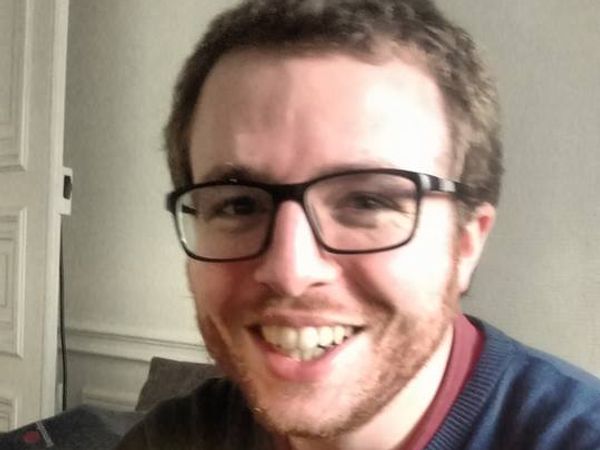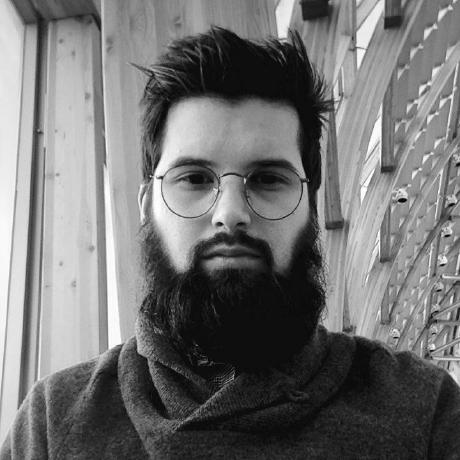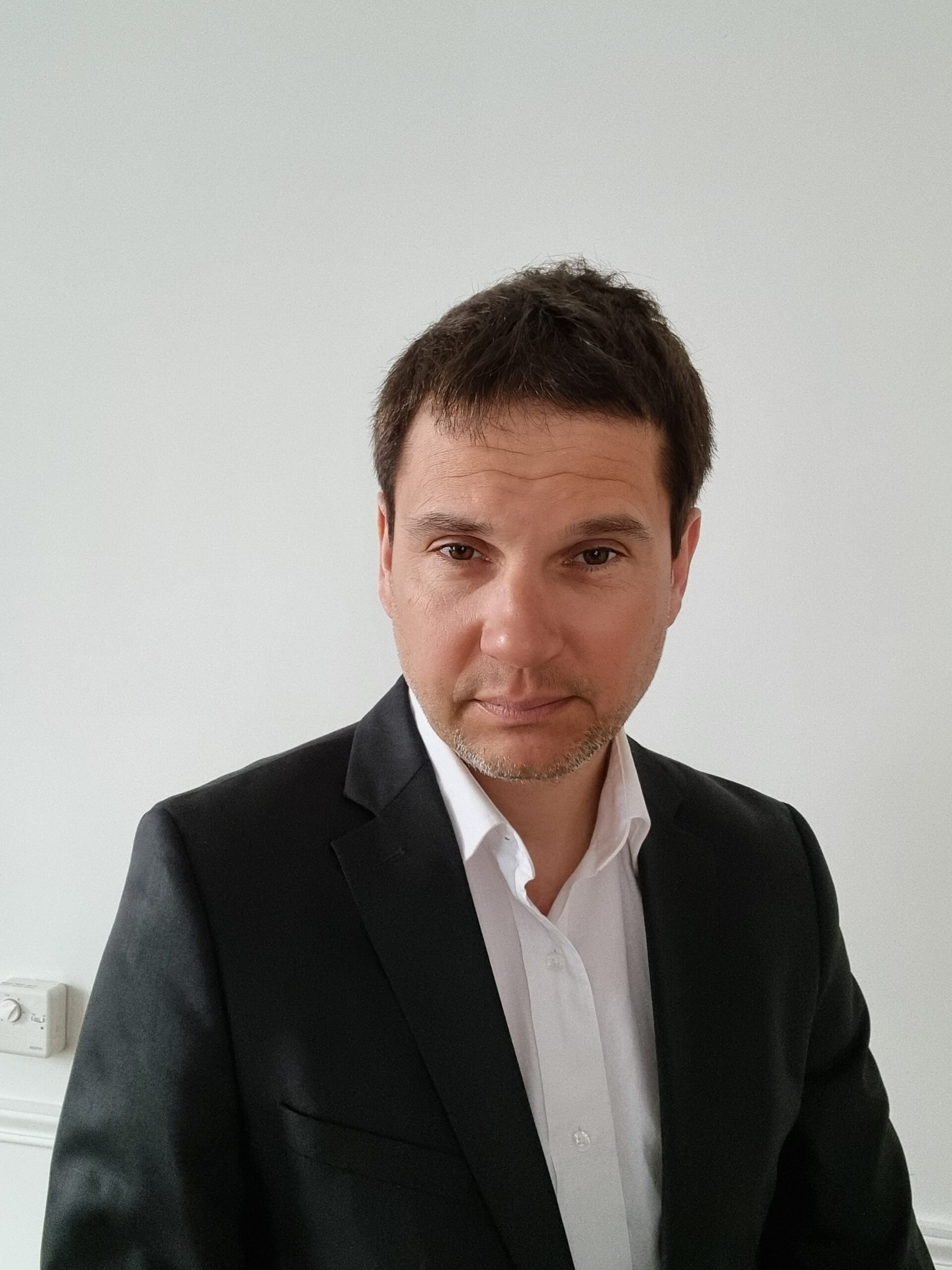CML: Can you introduce yourself?
RDM: My name is Robin De Mourat and I work at Sciences Po’s médialab, an interdisciplinary research laboratory that focuses on the relationship between society and digital technologies. This theme is broken down into several areas, one of which concerns the introduction of participatory methods in the conduct of surveys. This theme is particularly rooted in one of Medialab’s disciplines: design. As a research designer, my role is to contribute to a variety of research projects, sometimes using participatory methods.
The project we’re currently working on with the Institut Universitaire de France, the Sciences Po médialab, DICEN-IdF and Université Paris Nanterre is called Trajectories of engagement.
CML: What is a trajectory of engagement?
RDM: The expression “trajectory of engagement” refers to a research process that brings together worlds that would otherwise remain distant from one another. These worlds could be summarily described as, on the one hand, that of university research, and on the other, that of the various and varied players who are concerned by university research issues. A trajectory of engagement will lead these worlds to dialogue in a dynamic that is not unidirectional, but reciprocal, in the sense that it will involve people from the “academic” world getting involved in the concerns and activities that animate their “respondents” (as we sometimes say in the social sciences), and on the other hand, people who are the “respondents”, getting involved in research activities. This movement therefore presupposes a mutual awareness and commitment, which takes shape in the joint productions and events that enable research to develop.
CML: What is the origin of this project, and what are the common characteristics that we find, at first glance, when we try to identify these trajectories of engagement?
RDM: The project was proposed by Marta Severo, as a continuation of previous research she had been carrying out for some time. Marta Severo’s proposal met with a desire, within the Sciences Po médialab, to work more collectively with people who implement approaches and positions similar to our own. Our aim is to create a form of inter-acquaintance between the various collectives implementing trajectories of engagement (in France, in Europe, but also on other continents), and then to document and analyze these various approaches in order to draw out their similarities as well as their differences and specificities. From the point of view of common features, the work is still in progress and it is therefore difficult to answer, but we can already underline the central place of material productions in the trajectories that enable the implementation of the reciprocal involvement processes that interest us.
CML: What are the expected results of this work? A network form?
RDM: What we can expect today from this work, carried out on the basis of a series of interviews conducted by Alex Pellier, is the production of a set of graphic documents that we hope will be able to represent the different trajectories of engagement that we are documenting as part of this research. These diagrams will serve both as initial results, showing the similarities and differences we have identified between the various trajectories we have studied, and as a basis for discussion with stakeholders, who will be invited to comment on, amend and compare them. These graphic productions will thus support the discussion between us and the research project leaders identified in this inventory, as well as between the leaders themselves.
CML: You’ve launched a call for contributions. What is its framework and who is it aimed at?
RDM: The inventory and analysis work carried out for Trajectoires d’implication aims to build a collective around ways of approaching research. To build up this collective, we have so far used three methods of contact and discovery: our direct knowledge, the recommendations of the people we have interviewed, and a much more open method, the call for contributions, which could enable us to discover and meet unexpected players.
CML: A rendering event will take place on September 15, 2023. Can you give us an idea of what will take place?
RDM: It will be a time of exchange and dedicated to bringing together the players we’ve met, and to the emergence of a collective discussion based on our graphic proposals for modeling different trajectories of engagement. Participants will have the opportunity both to share their research and to react to our proposed representations. Beyond simply linking up and sharing experiences, the aim will be to open up a collective reflection on the common issues encountered and the diversity that exists between these approaches, depending on the disciplines involved, the research questions and the contexts – particularly geographical – in which the research takes place. This may also lead to future developments and collaborations.
Mots-clés
Last news
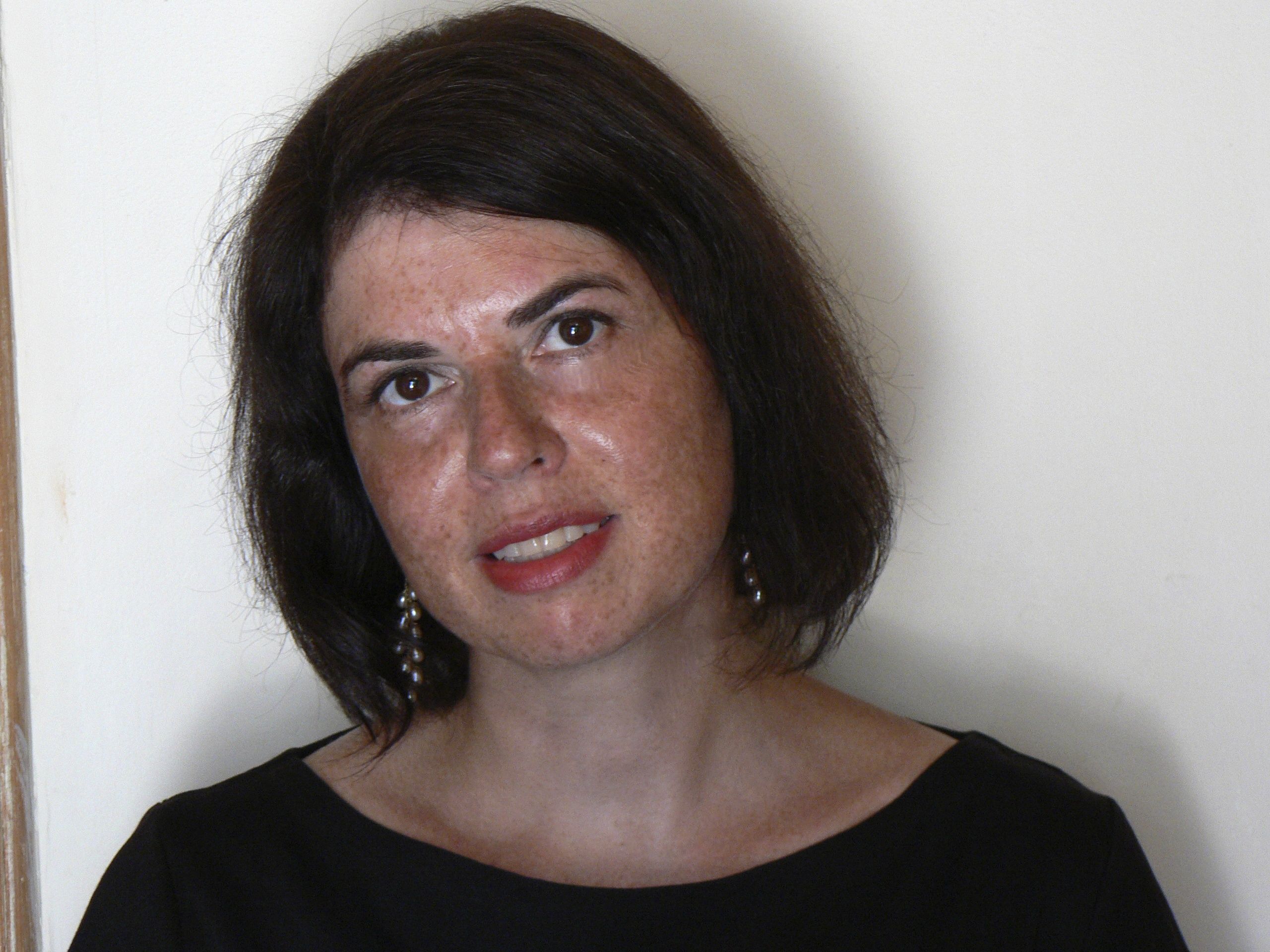
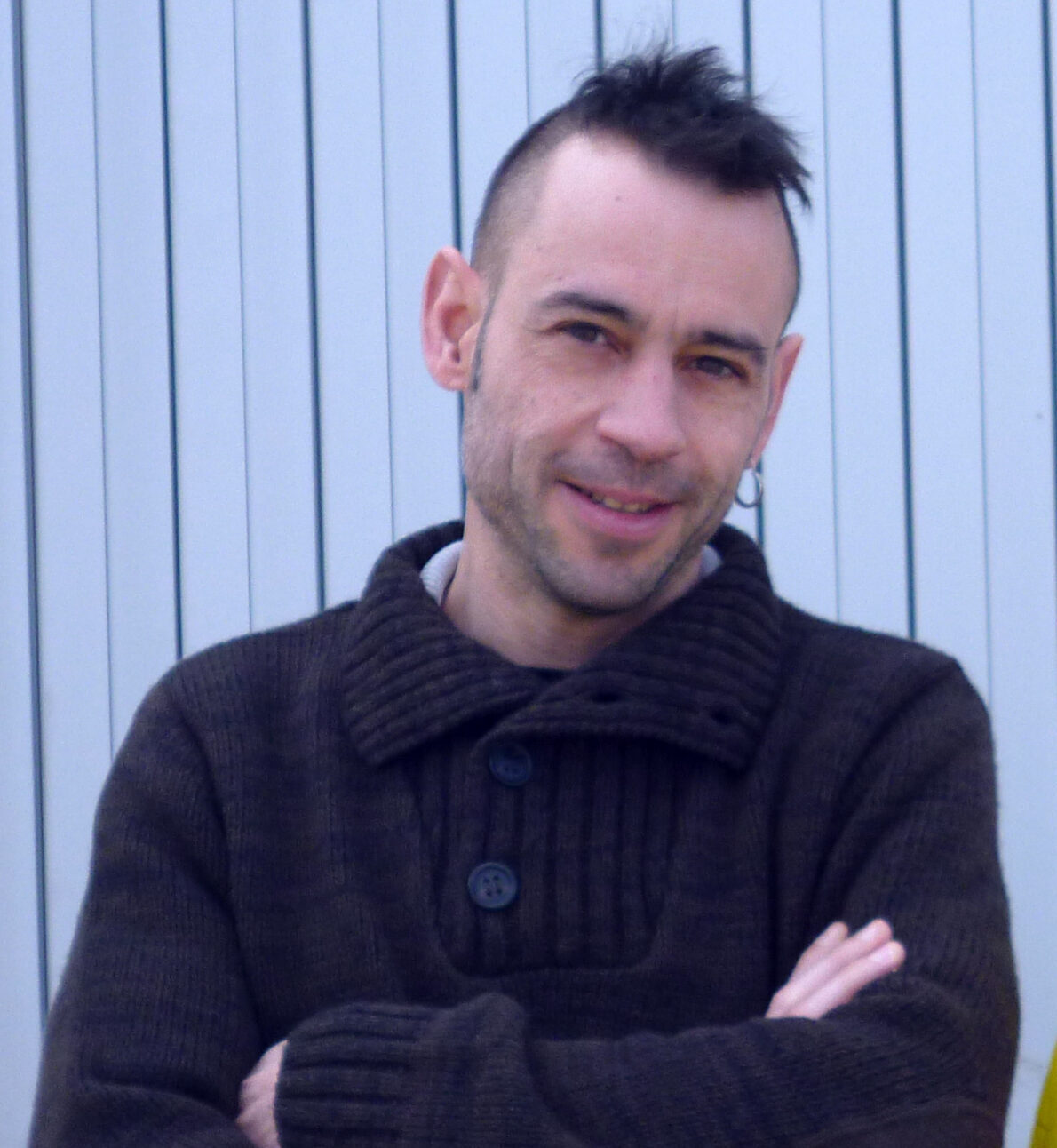
Consult the program for the event on September 15.
This meeting will bring together academic and non-academic players who have developed trajectories of involvement in their SHS research.
The morning session is open to the public, subject to availability. Please register at

